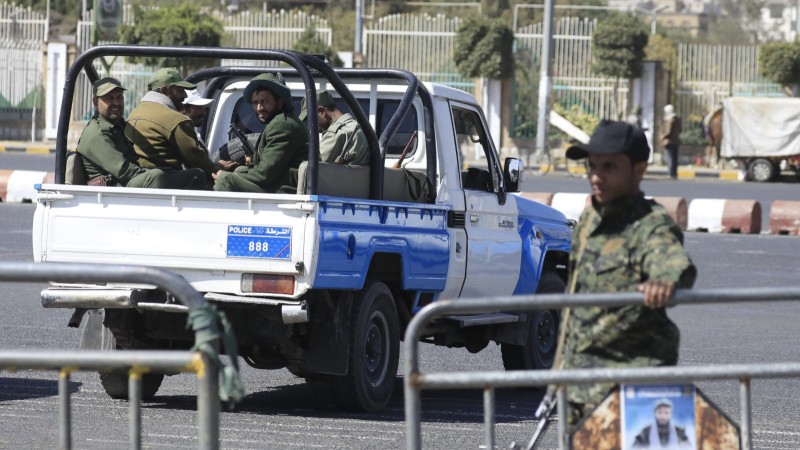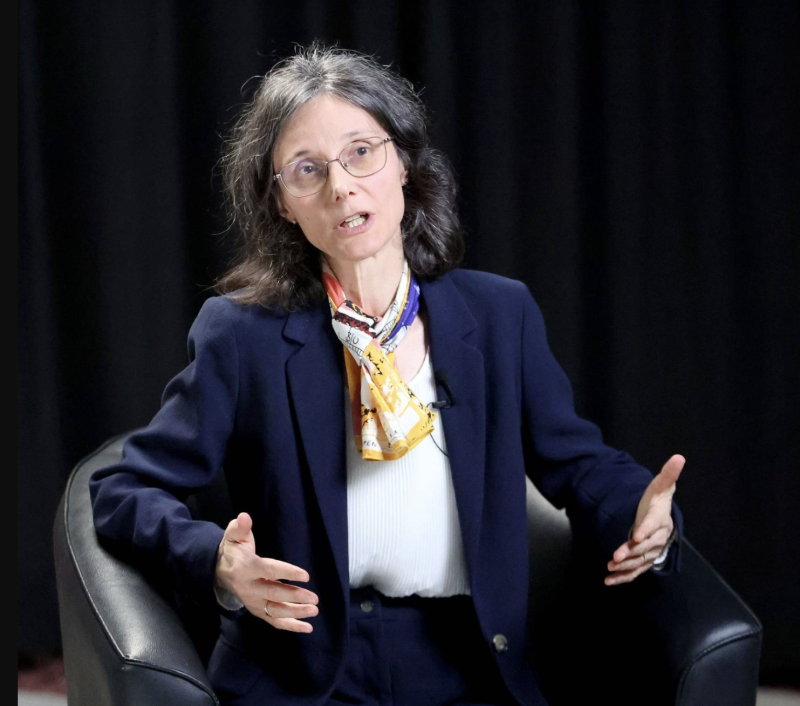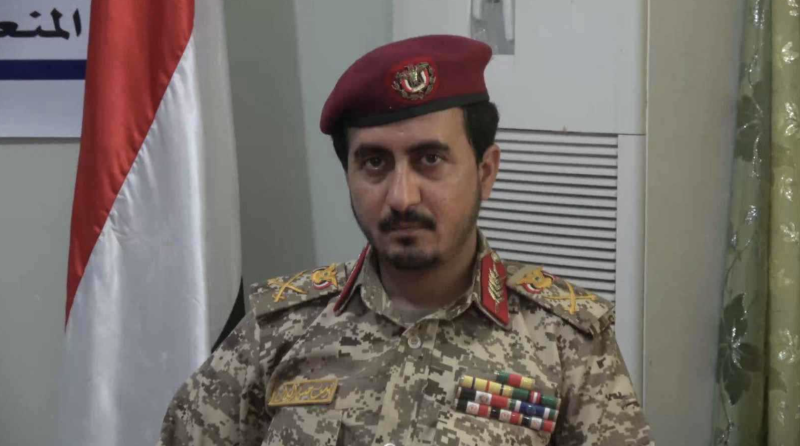Yemen 'confident' of holding key city of Marib, FM says


War-torn Yemen's government said Sunday it is confident of holding the strategic city of Marib despite sustained attacks from Iran-backed Huthi rebels which killed thousands on both sides in recent months.
Marib, the internationally-recognised government's last bastion in northern Yemen, is an "impenetrable wall", Foreign Minister Ahmed Awad bin Mubarak boasted, speaking at the Manama Dialogue security forum in Bahrain.
The Huthis, who seized the capital Sanaa in 2014, have intensified their fight for Marib this year, but have come under heavy bombardment from the Saudi-led military coalition supporting the government.
Bin Mubarak warned that if the city -- which is key to controlling Yemen's significant oil and gas resources -- fell, it would be a disastrous setback.
"The fall of Marib will mark the end of the political process and peace efforts in Yemen," he said.
"It has become one of the most strategic priorities for the Iranian regime and its proxies in the region."
Bin Mubarak said Yemen was "one of the pillars of Iran's expansionist programme", warning of a "new phase of conflict and a new cycle of violence and chaos" in the region if the Huthis are successful.
Tens of thousands have been killed, millions displaced and much of Yemen has been left on the brink of famine by the seven-year war.
'People are tired'
Sources close to the Huthis say nearly 15,000 of their fighters have been killed near Marib since June alone.
During that same five-month period, more than 1,200 loyalists were killed while defending areas near the strategic city, two government military officials said earlier this month.
Bin Mubarak said he believed the Huthis would not take Marib.
"I think still they have illusions. They thought that they can make more military advancement or victories on the ground and that this will change the facts on the ground," the foreign minister told reporters.
"Now all their power has been targeting Marib since February... we are very confident that (Marib's fall) will not happen."
The battle was halted multiple times due to negotiations, but the rebels renewed their attacks in February, there was a major assault in June, and an intensified push since September
The Saudi-led coalition has been reporting high death tolls in almost daily strikes against the Huthis since October.
According to Bin Mubarak the population of Marib province has swollen to four million people as Yemenis fled frontline areas for its relative stability since the war started.
In the west of Yemen, Huthi forces this month seized a large area south of Hodeida, a key Red Sea port, with more than 6,000 people fleeing the fighting, according to the UN.
Bin Mubarak said pro-government troops were moved from around Hodeida to bolster forces in Marib.
"After the redeployment, we started making also military advancements," he told reporters.
Tim Lenderking, the US special envoy, held talks with Bin Mubarak in Bahrain on Saturday as part of his latest regional push for peace.
"I think the Yemeni people are tired," the Yemeni foreign minister said. "Everyone is calling for peace."

Sana'a — The United Nations World Food Programme (WFP) announced that Houthi authorities continue to detain nearly 40 of its staff working in…

Aden — The French Ambassador to Yemen, Catherine Corm Kammoun, announced today that she held talks with Presidential Leadership Council membe…

Sana'a — Well-informed Yemeni sources have disclosed extensive moves led by the newly appointed Chief of Staff of the Houthi forces, Yusuf al…